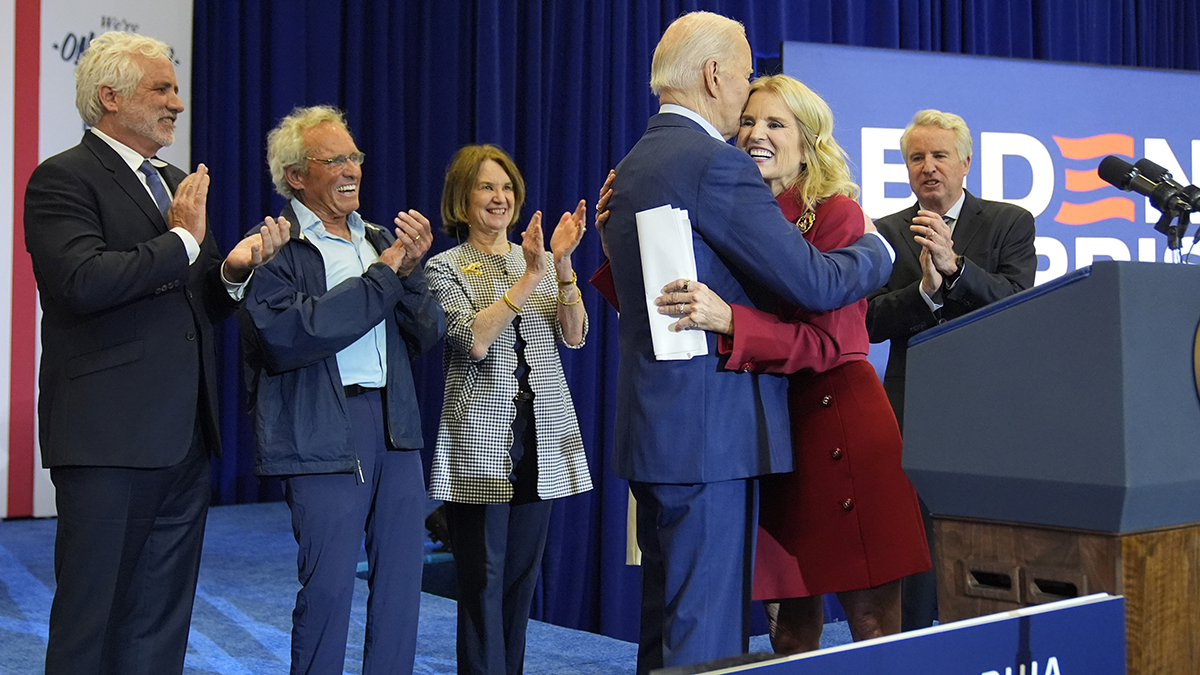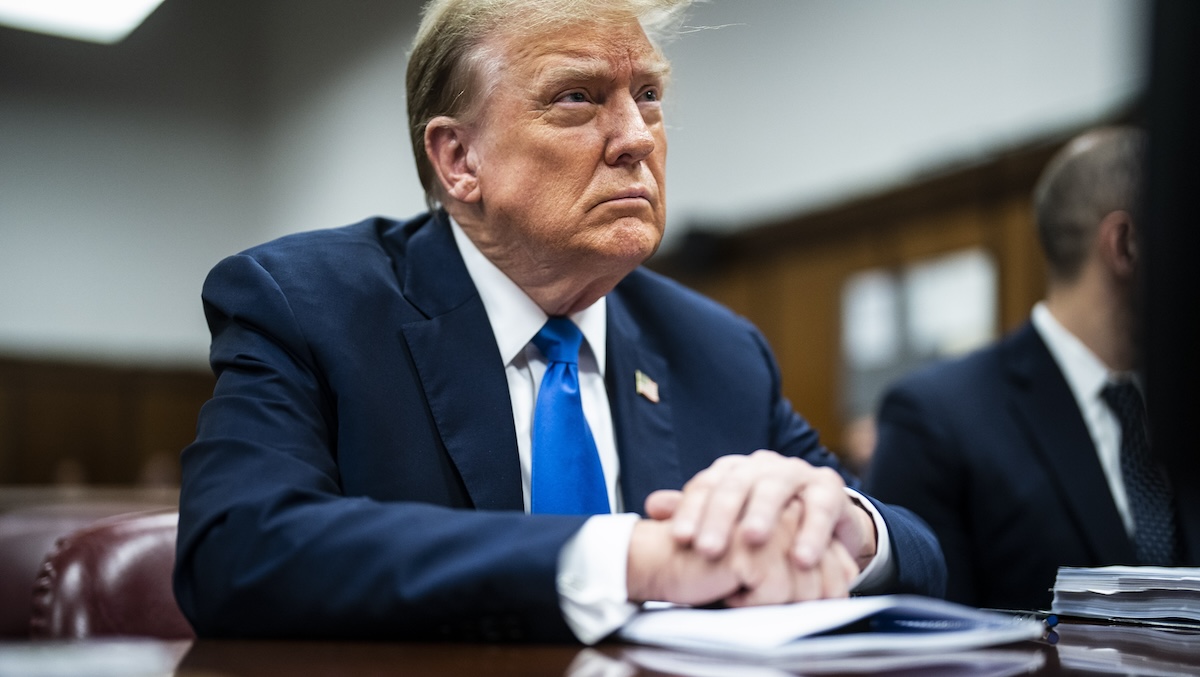The surge of new voters -- nine million nationwide -- registered to cast ballots in Tuesday's Presidential Election figures to multiply inherent problems in voting systems across the country.
With this in mind, a nonprofit, nonpartisan organization called "Election Protection" is mobilizing upwards of 10,000 attorneys, paralegals and law students to serve as poll watchdogs in precincts with high concentrations of minority, non-English speaking and elderly residents.
"One of the areas were going to target is San Ysidro," says Sean Cunningham, a local Election Protection volunteer coordinator who's an attorney in the San Diego office of DLA Piper, one of the world's largest law firms and a lead resource for the nationwide poll-watch effort.
San Ysidro fits the profile of precincts in which Election Protection organizers foresee the need to watch for ballot problems, polling irregularities, and attempts to intimidate voters.
"If you see Minutemen at the polling places, we want to know that right away," Cunningham told a group of three dozen volunteer poll watchers at a training session in DLA Piper's conference room in a downtown San Diego office tower.
Cunningham noted an Internet advisory posted by Minuteman Civil Defense Corps' Arizona-based president, Chris Simcox, asking the group's supporters to conduct poll watches "all day and all night" at their local precinct polls.
"Protect yourselves with video cameras," the advisory urged, adding that MCDC volunteers should wear their hats and shirts and "follow the SOP -- no verbal contact, just quiet and vigilant observation and documentation."
Politics
But Election Protection's overriding interest is troubleshooting the kinds of problems that plagued the nation's electoral process in 2000, when the U.S. Supreme Court intervened.
"It was 537 votes that swung the election," noted Brian Fogarty, a DLA Piper attorney who's volunteered as a poll watcher. "And there were four to six million (votes) that weren't counted. That shouldn't happen again. It shouldn't have happened the first time."
An expected 100 local Election Protection volunteers will be briefed on the basics of election laws and given protocols for acting as "eyes and ears", rather than "hands-on", poll watchers.
Major problem-solving needs are to be reported via cellphone to Election Protection command centers, some 750 nationwide, that will summon local and state election officials or higher authorities as warranted.
"I personally just plan on calling the hotline as much as possible," says volunteer observer Lindsey Stevens, a third-year law student at the University of San Diego School of Law. "So if there are Minutemen or other people attempting to intimidate voters, I don't intend to interject myself into any of those situations."
That's just the approach Cunningham encourages: "We want everybody out there to use their common sense. Forget about 'the rules' and all of that. Just use their common sense and deal with the situations on a human level, a citizen-to-citizen level."
By and large, with a glaring exception in the case of San Diego's disputed 2004 mayoral election, the county's voting system has been relatively free of systematic malfunctions.
"But there's always a small problem that arises," says Robert Brownlie, managing partner of DLA Piper's San Diego office. "and if one person is wrongly deprived of the right to vote, that's one too many people.
"So it's important to be there to address that."



